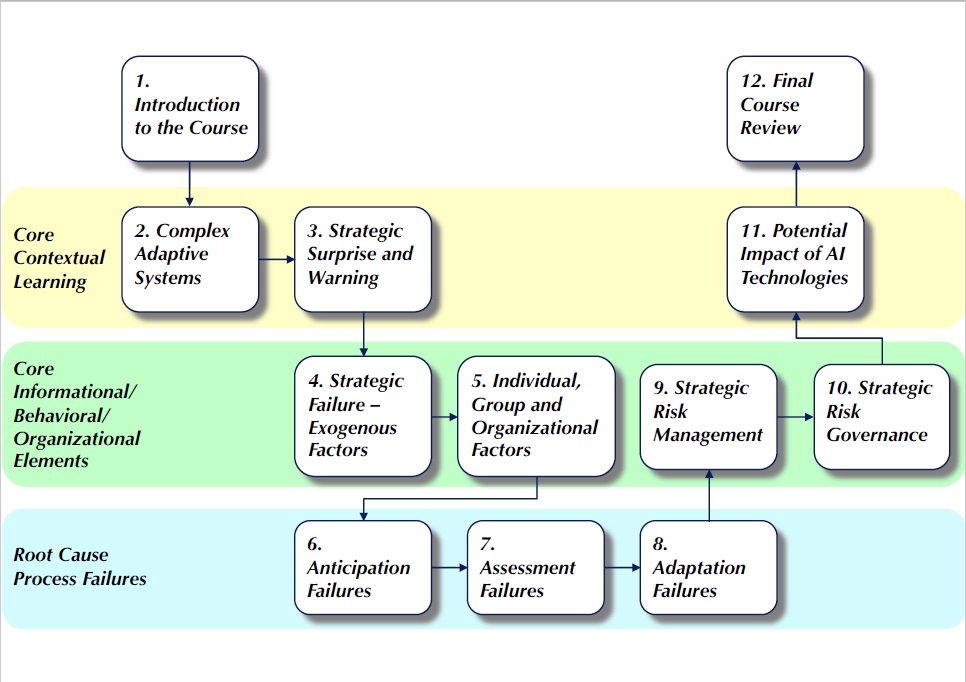Strategic Risk Governance and Management
Education Offerings
As McKinsey recently noted, “the best boards challenge their members to continually learn, grow, and develop professionally” (“The CEO Guide to Boards”).
Similarly, the House of Commons’ 2017 Report on Corporate Governance stated that, “we are in no doubt about the vital role that non-executive directors [NEDs] have in company governance…We believe that all directors, and particularly NEDs, should be given the training and professional development they need in order to allow them to fulfill their responsibilities with confidence and full effectiveness.”
Britten Coyne provides both standard and customized strategic risk governance and management education offerings for boards and management teams, and for individual directors and executives as part of various organizations’ Continuing Professional Education programs.
We provide short half and full day education sessions, in addition to our three day course which provides successful graduates with a certified competence in Strategic Risk Management and Governance (the equivalent of a 4 credit UK/EU Level 7 Award under the National Qualifications Framework).
This free one hour webinar that we delivered at the Institute of Directors in London provides a taste of what our courses are like.
Our flagship three day course (provided in person or online via our affiliate, The Strategic Risk Institute) leads to a Certificate in Strategic Risk Governance and Management. The course includes the following eleven modules (each of which comes with background readings), plus an Epilogue based on the COVID-19 pandemic.
(1) Introduction to strategic risk management and governance in a world of radical uncertainty
(2) Complex adaptive systems and how novel strategic threats emerge from them
(3) What historians and intelligence analysts can teach us about anticipating, assessing, and adapting to strategic threats
(4) Common external patterns in strategic failures, including proximate causes and underlying technological, economic, social, and political forces
(5) Common internal patterns in strategic failures, at the individual, group, organization, and network levels
(6) Why organizations fail to anticipate emerging threats, and how this can be avoided, including specific processes and tools
(7) Why organizations fail to accurately assess emerging threats, and how this can be avoided, including specific processes and tools
(8) Why organizations fail to adapt in time to emerging threats, and how this can be avoided, including specific processes and tools
(9) Effective strategic risk management: processes, systems, structures, and norms
(10) Effective board strategic risk governance: processes, systems, structures, and norms
(11) How advances in Artificial Intelligence could change strategic risk management and governance in the years ahead: current capabilities and limitations, and key progress indicators to monitor
Our education offerings are solidly grounded in over fifty years of practical experience, as well as research from the intelligence community and multiple academic disciplines.
Our offerings also reflect our four years on the Good Judgement Project team in the U.S. Intelligence Advanced Research Activity’s forecasting tournament, which was subsequently made famous by Professor Philip Tetlock in his book, “Superforecasting.”

For more information, download a pdf summary of our education offerings, or contact us using the form below: